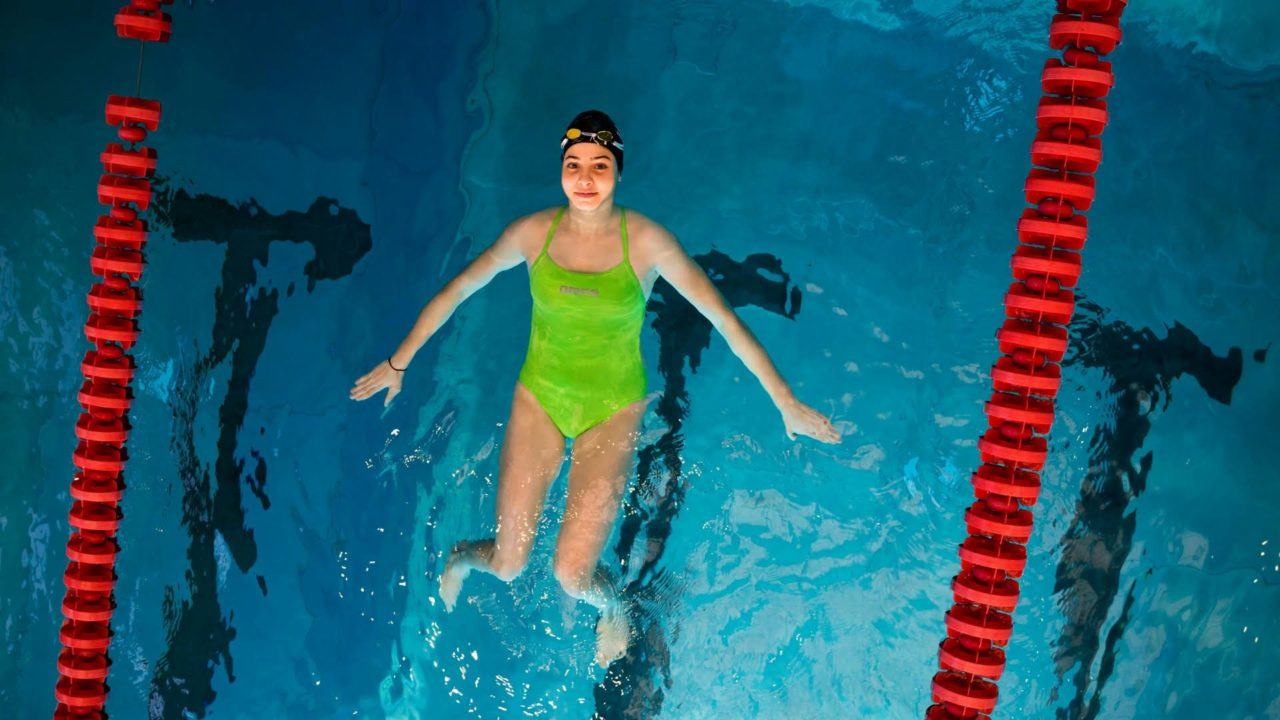Earlier this week, the International Olympic Committee approved the IOC Refugee Olympic Team that will compete this summer at Tokyo. The Tokyo Olympics will mark the second time the team competed as they made their debut five years ago in Rio. The team will compete under “EOR”, which is French for Equipe Olympique des Réfugiés.
This year, 29 athletes will compete, representing over 80 million refugees worldwide who have faced war, persecution, and exile. IOC President Thomas Bach met with the team virtually on Monday and spoke about the significance and impact of the team, “it will send a powerful message of solidarity, resilience, and hope to the world.
The team will compete under the Olympic flag and will be second in the parade of nations during the opening ceremony. Greece, where the ancient Olympics were founded, has traditionally been the first country in the parade.
Athletes for the EOR team have been selected based on performance, refugee status, personal background, gender, region, and to have a balance of sports represented.
At the 2016 Rio Olympics, 10 athletes competed with the Refugee team and 6 of those will compete again this summer in Tokyo: Yusra Mardini (swimming), Popole Misenga (Judo), Anjelina Nadai Lohalith (Athletics/Running), James Nyang Chiengjiek (Athletics/Running), Paulo Amotun Lokoro (Athletics/Running) and Rose Nathike Likonyen (Athletics/Running). Misenga had the highest finish amongst the team in 2016 as he made it to the Round of 16 in the men’s 90kg division.
Mardini will be one of two swimmers competing in Tokyo. Joining her is Alaa Maso. Mardini will be swimming the 100 butterfly, an event where set a best time of 1:05.91 in April of this year. Maso will be swimming the 50 freestyle and has a best time of 23.13 from the German Olympic Trials in April.
Both Mardini and Maso are originally from Syria and are now living in Germany.
The 23-year old Mardini was born in Damascus. She fled Syria with her sister in 2015 due to the Syrian Civil War. During a crossing of the Aegean Sea, their boat with other migrants took on water. Mardini, her sister, and two others, treaded water for over three hours until the boat’s engine began working again. Mardini eventually made her way to Germany and now resides in Hamburg. Mardini’s parents and younger sister made their way to Germany as well.
In 2016 Mardini competed in both the 100 butterfly and the 100 freestyle at the Rio games. In the 100 fly, she won her heat with a time of 1:09.21 and placed 41st out of 45 swimmers in prelims. In the 100 free, she placed 45th with a time of 1:04.66. In April of this year Mardini swam a best time of 1:00.88 in the 100 free.
Rami Anis was the second swimmer to compete for the Refugee Team in Rio. Like Mardini and Maso, Anis is originally from Syria and is now living in Germany. Anis competed in both the 100 butterfly and 100 freestyle in Rio. He placed 40th in the 100 fly in 56.23 and 56th in the 100 free in 54.25.
The success of the Refugee Olympic Team in Rio, led to the creation of the Olympic Scholarships for Refugees program. The program awarded scholarships to 56 athletes to provide the financial assistance to continue to train and pursue their respective sports. Since Rio, over two million dollars have been invested in the program.
The IOC will continue to support the athletes beyond Tokyo as they transition into their professional careers.
